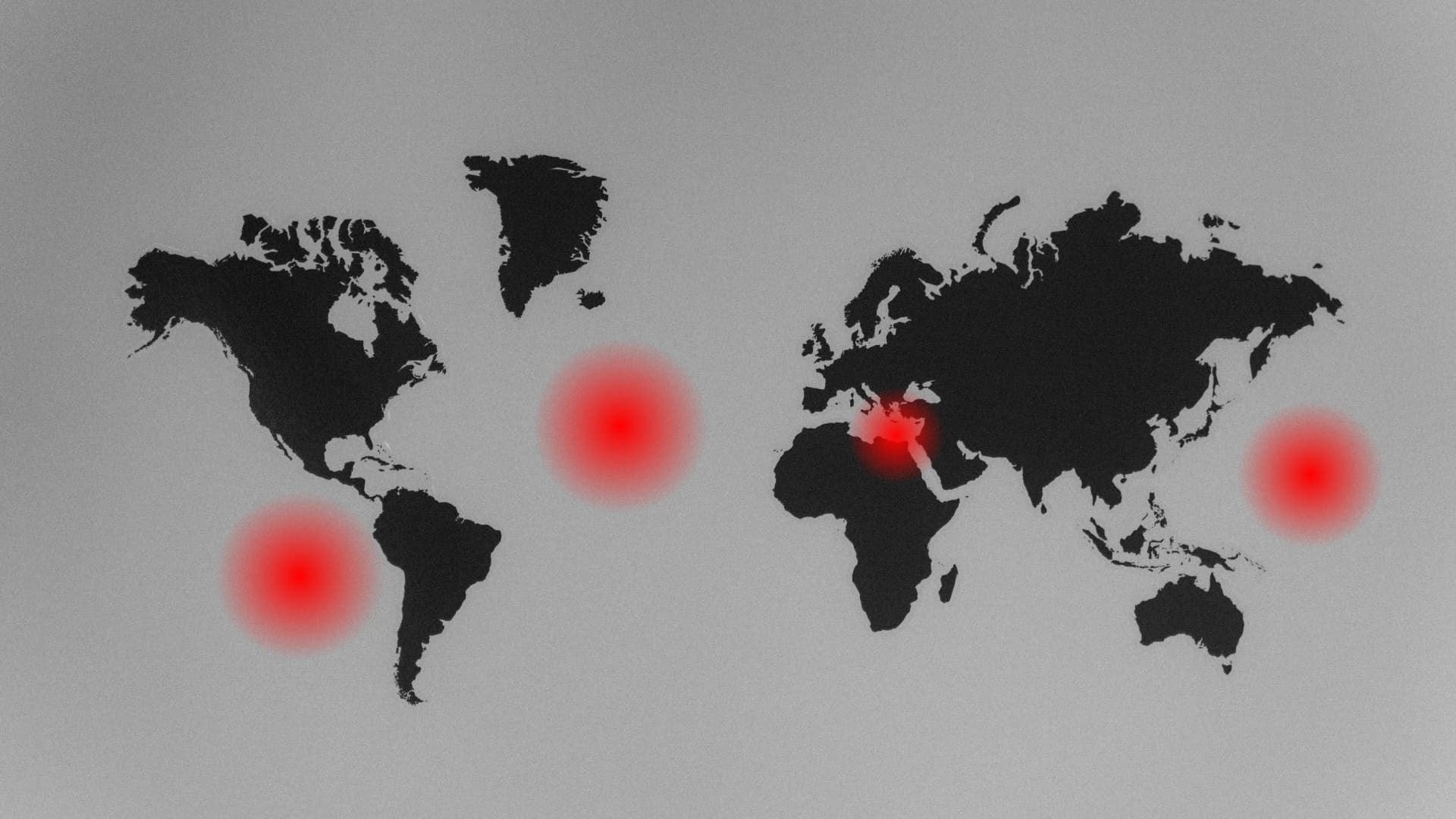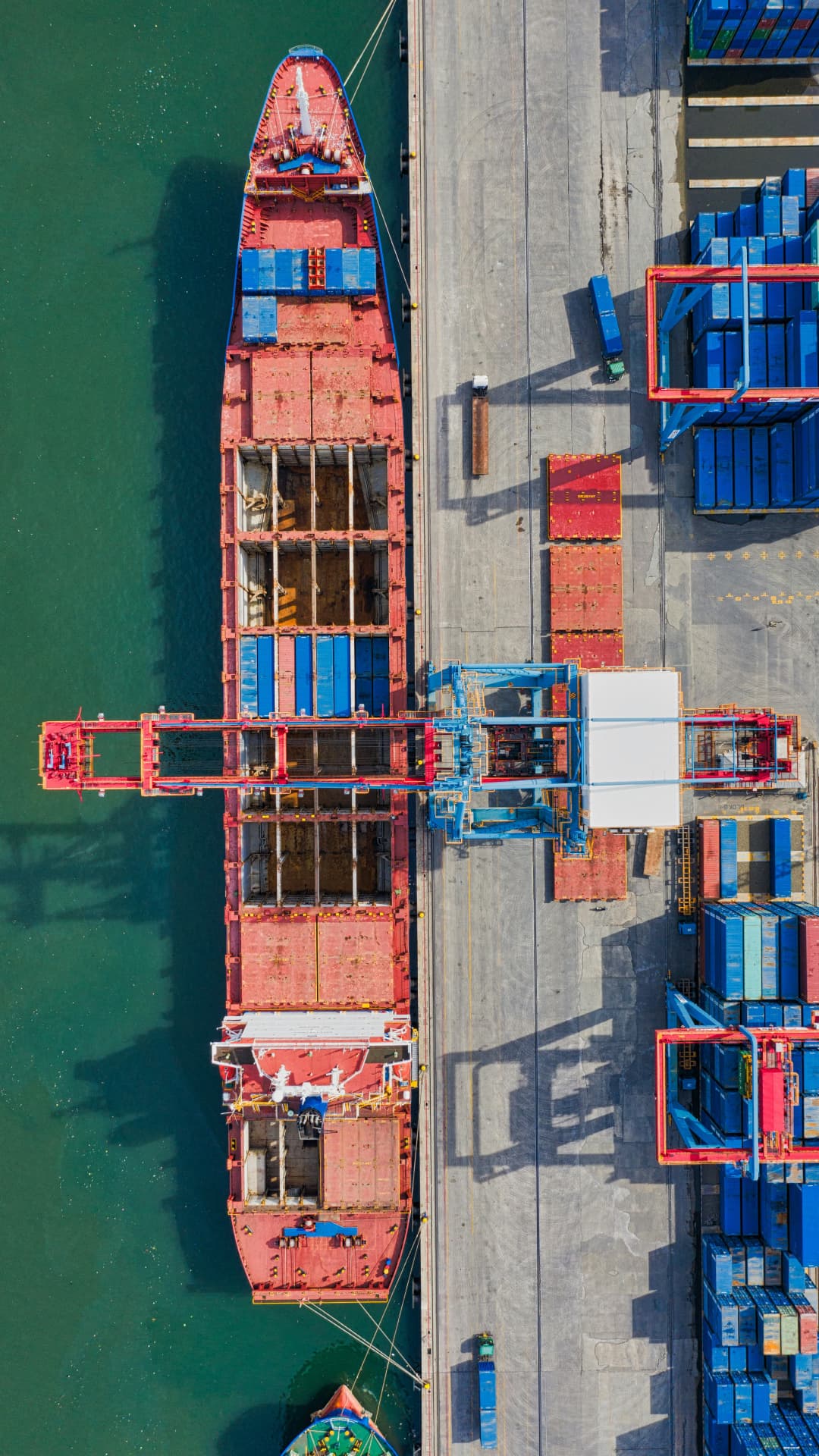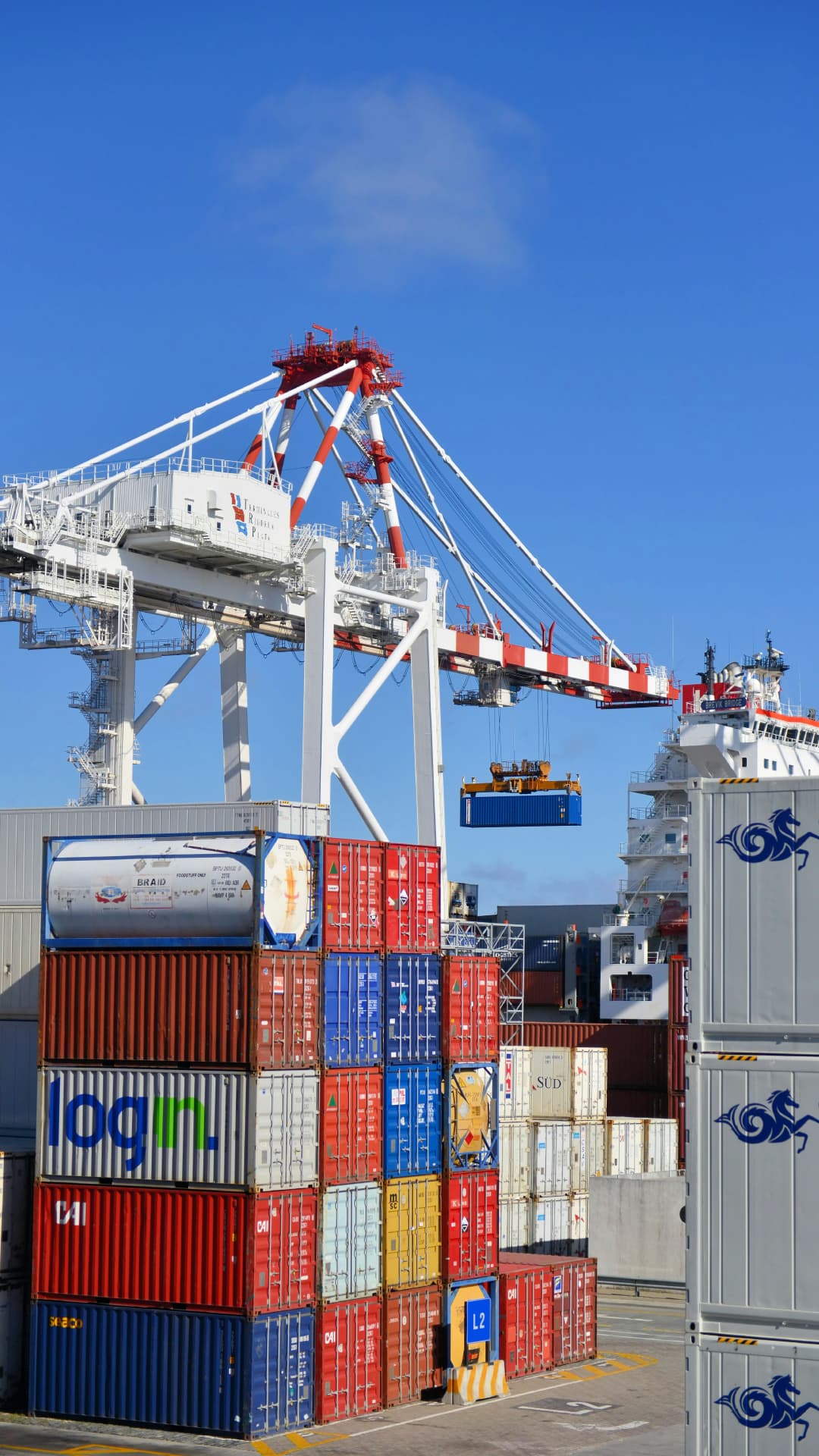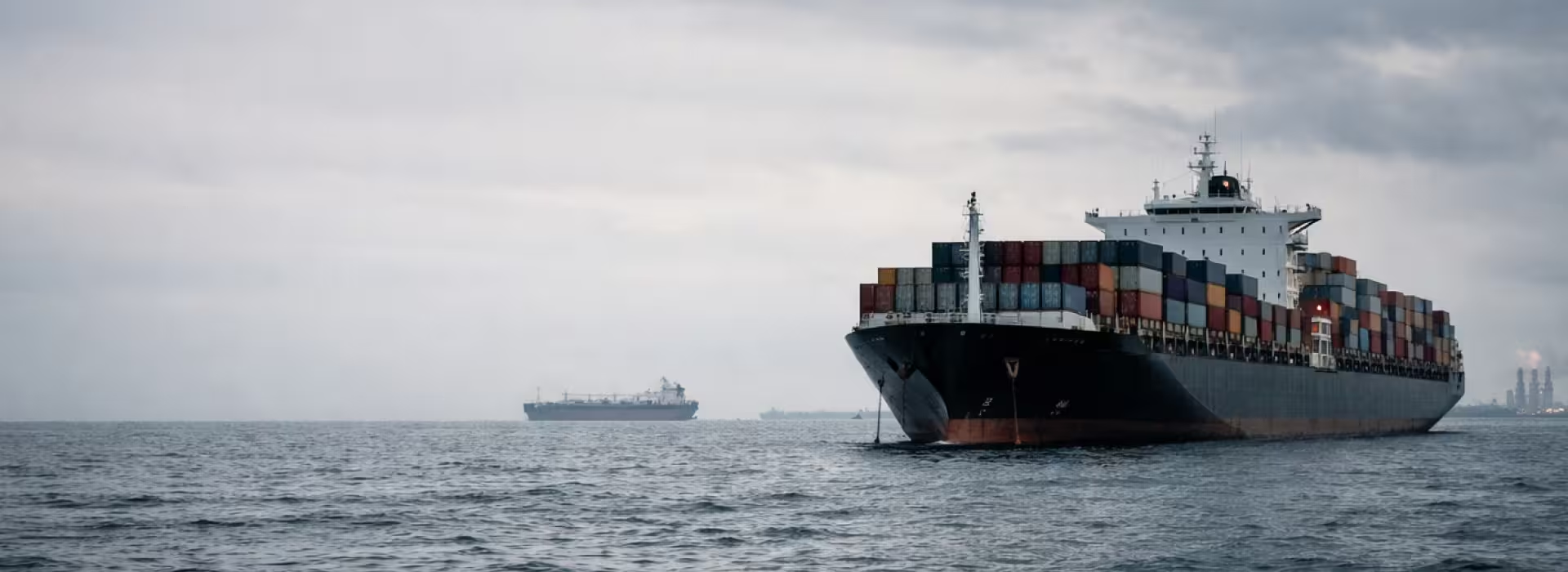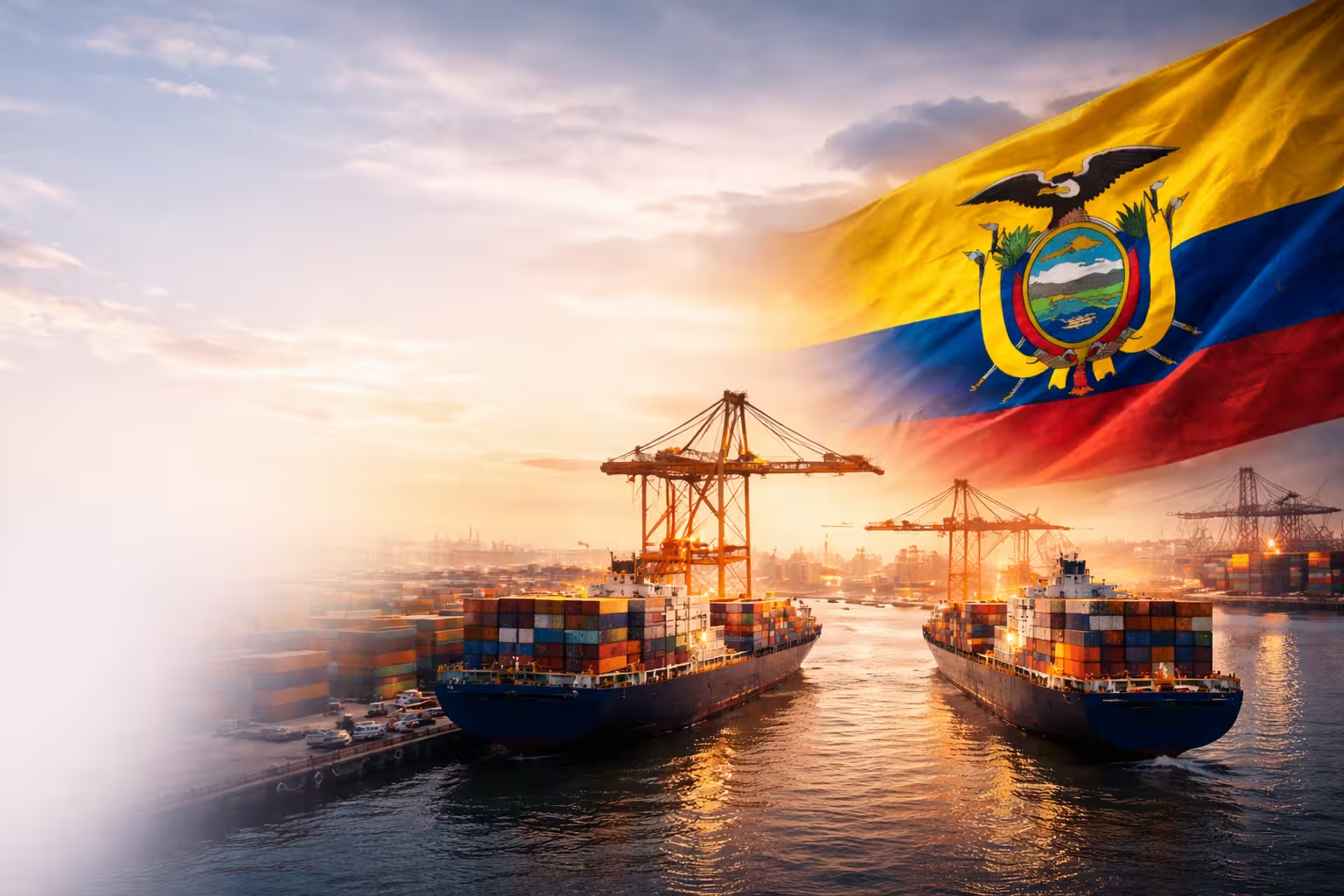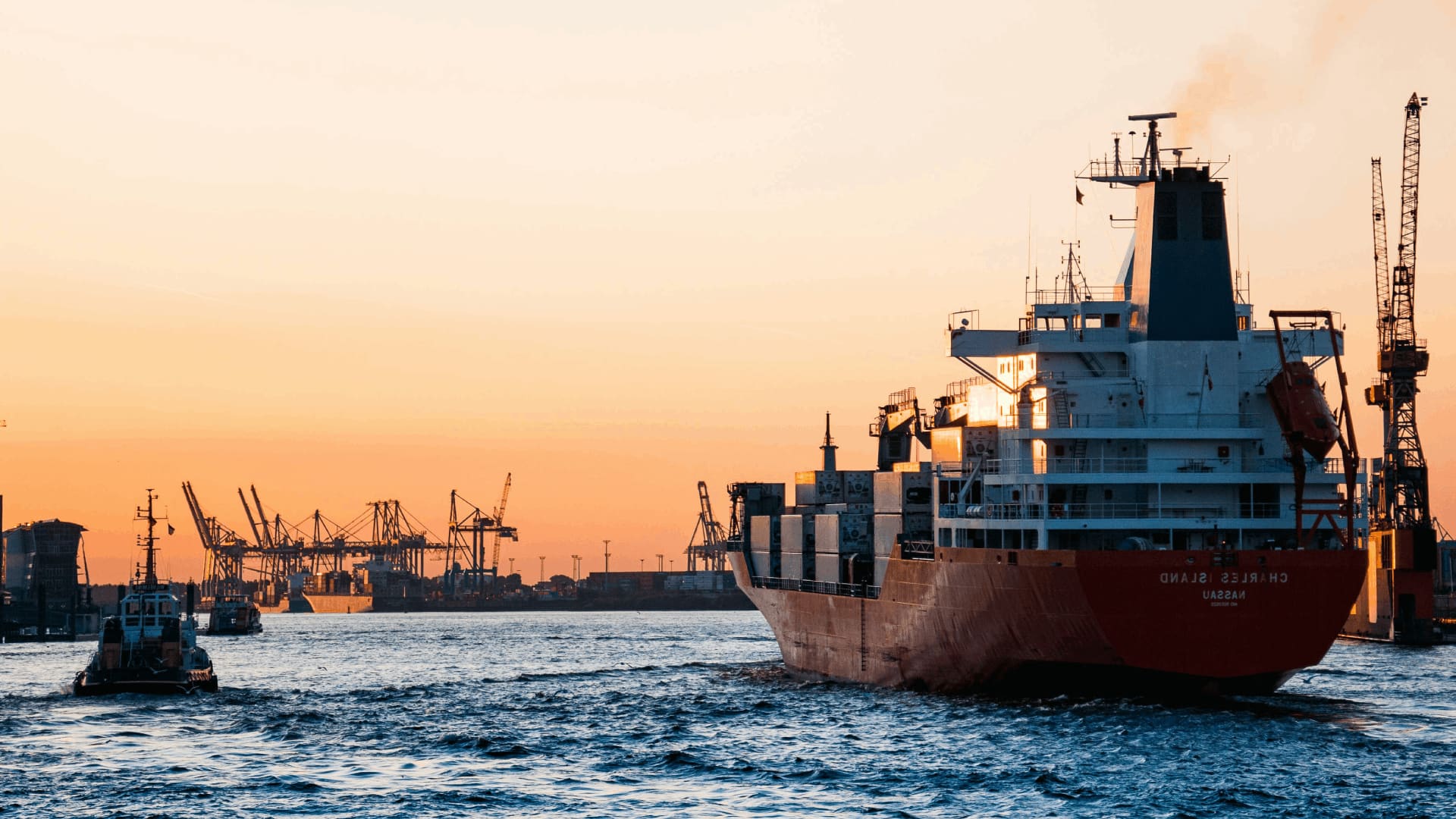

August 2025 has been characterized by a significant resurgence of “blank sailings,” that is, the cancellation of scheduled vessel departures by shipping lines. Although the situation appeared under control last month, it has done the exact opposite as August has progressed, intensifying across strategic routes.
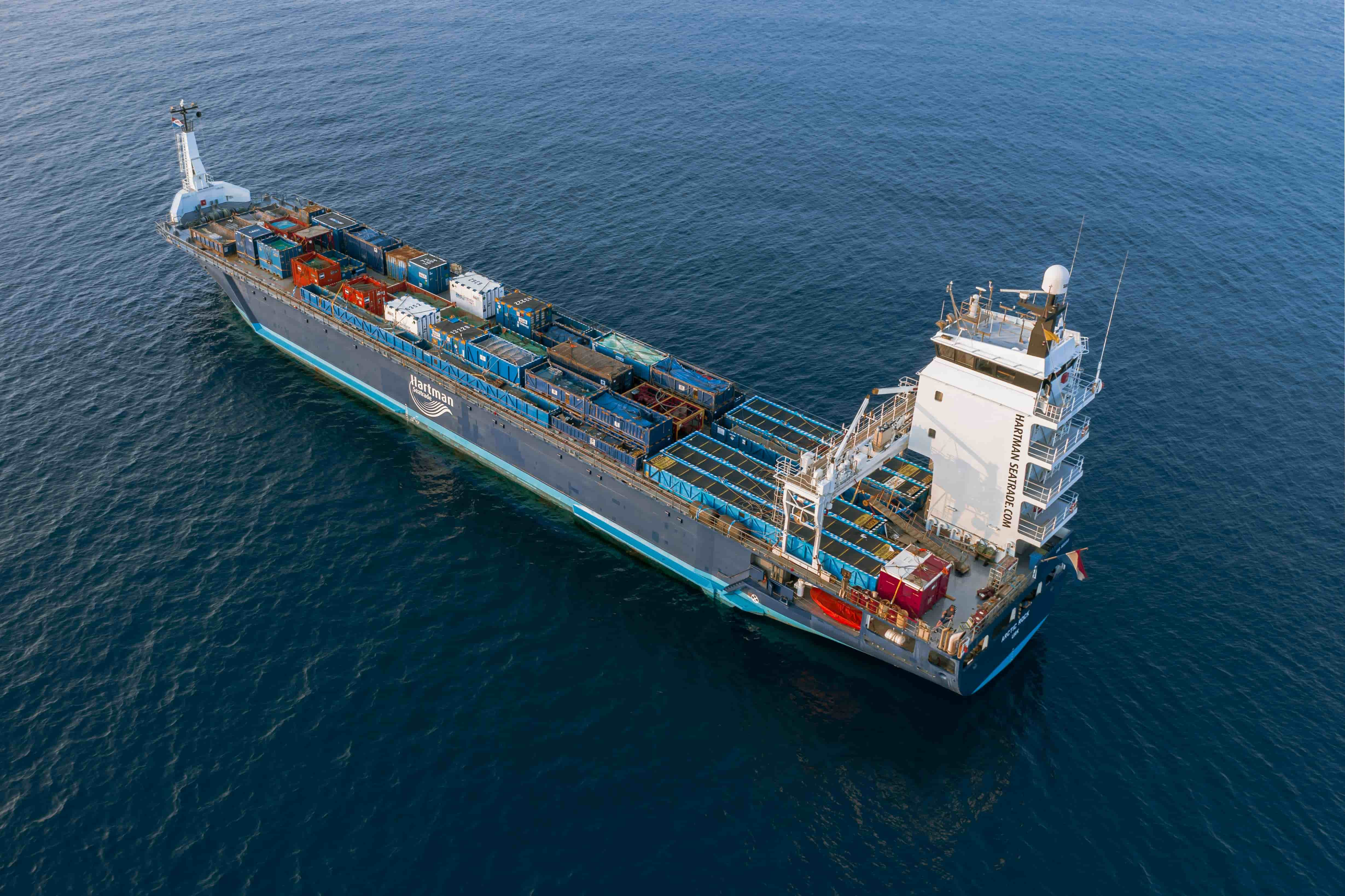
The Magnitude of the Phenomenon in August 2025
According to recent estimates, between week 34 (August 18–24) and week 38 (September 15–21), out of a total of 724 planned sailings, 49 have already been canceled. This represents a 7% cancellation rate, highlighting the relevance of the phenomenon.
The distribution of these suspensions by trade lane is clear:
Transpacific (Eastbound): 47%
Asia–Northern Europe/Mediterranean: 31%
Transatlantic (Westbound): 22%
These figures show that the impact extends across multiple trade corridors, affecting connections between Asia, Europe, and the Americas.
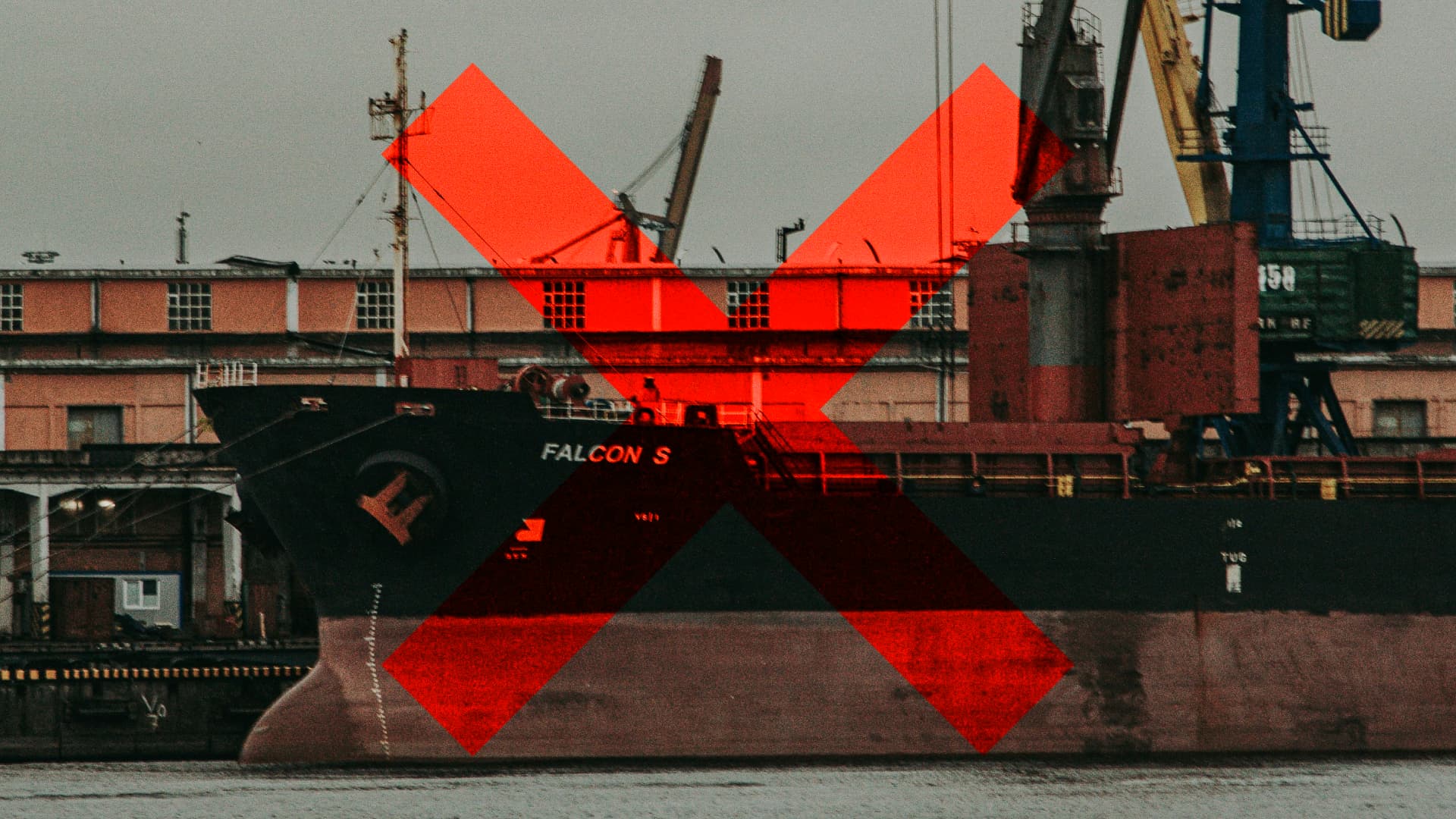
Why are blank sailings increasing in August?
The surge in cancellations is mainly due to three factors:
Demand below expectations
Many bookings did not reach the projected levels, pushing carriers to adjust their capacity by withdrawing sailings to avoid half-empty vessels.
Congestion at strategic ports
Northern European terminals such as Rotterdam, Hamburg, Bremerhaven, Antwerp, and Le Havre continue to experience cargo backlogs. This saturation complicates vessel scheduling and forces the suspension of port calls.
Freight rate control by carriers
Although some shipping lines have deployed additional vessels, blank sailings remain a tool to maintain the balance between supply and demand, preventing freight rates from dropping sharply.
Consequences for the supply chain
The rise in these cancellations generates both short- and medium-term effects. The reduction of available options for both exporters and importers creates strong competition to secure space, leading to higher logistics costs. In addition, the bottleneck effect at ports results in cargo accumulation at origin, which in turn leads to port congestion and increases the risk of delays in cargo arrivals. This particularly impacts industries such as retail, electronics, and perishable goods, generating direct losses. As a result, there is a growing uncertainty in supply chain planning, as cancellations are often announced with little advance notice.
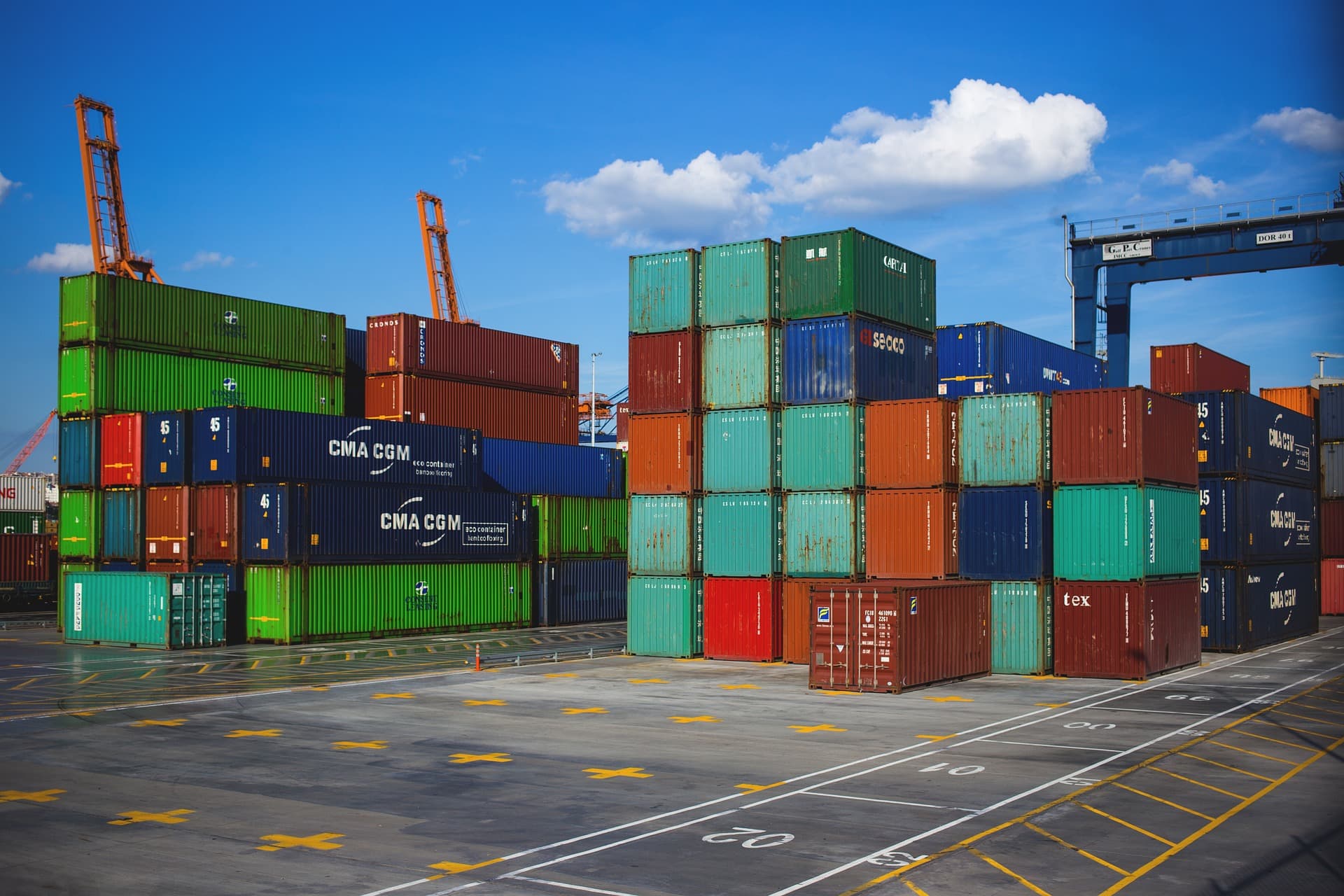
Recommendations for international trade stakeholders
First, it is advisable to book space well in advance. Leaving container bookings until the last minute is risky, as availability may be limited. Ideally, shipments should be planned several weeks ahead, securing capacity and avoiding last-minute surcharges.
Second, it is crucial to diversify routes and carriers. Relying on a single ocean service increases the risk of delays in the event of cancellations. Ideally, companies should always have more than one alternative line or route, so that if one itinerary is canceled, cargo can be redirected without affecting delivery times.
Third, maintain direct communication with logistics partners. They have access to real-time information on cancellations and available space. The best approach is to rely on a trusted freight forwarder who can provide early alerts and manage quick solutions to any disruptions.
Fourth, it is advisable to monitor reliable reference sources to anticipate the most challenging weeks. Ideally, companies should follow these reports to make preventive decisions and strengthen logistics planning.
Conclusion
The increase in blank sailings in August 2025 confirms that this practice remains a tool used by carriers to adapt to market volatility.
Although it helps balance supply and demand, it represents a significant challenge for exporters, importers, and logistics operators, who are forced to continuously rethink their plans.
In a scenario where blank sailings will continue to be part of carriers’ strategies, the difference between suffering losses or remaining competitive lies in the ability to anticipate and diversify logistics planning.
